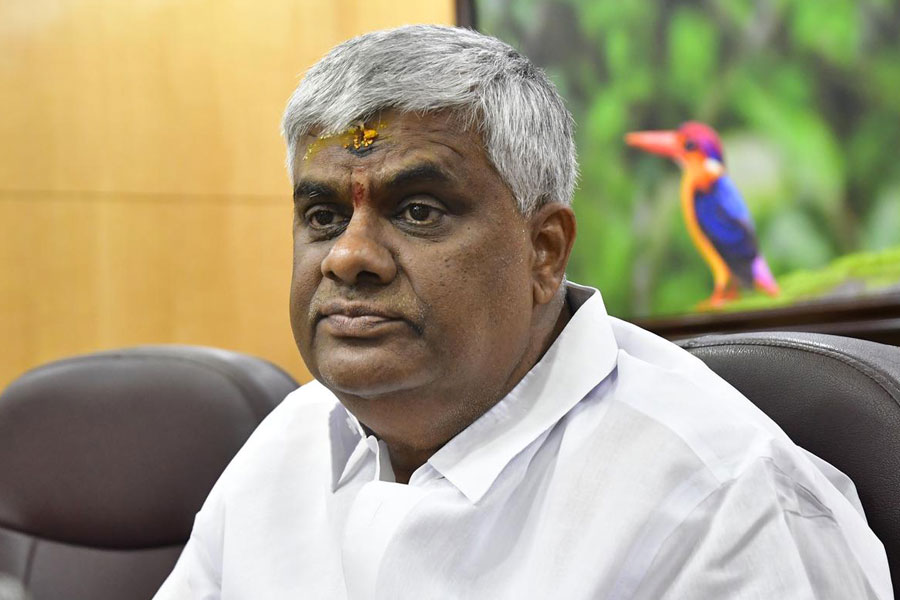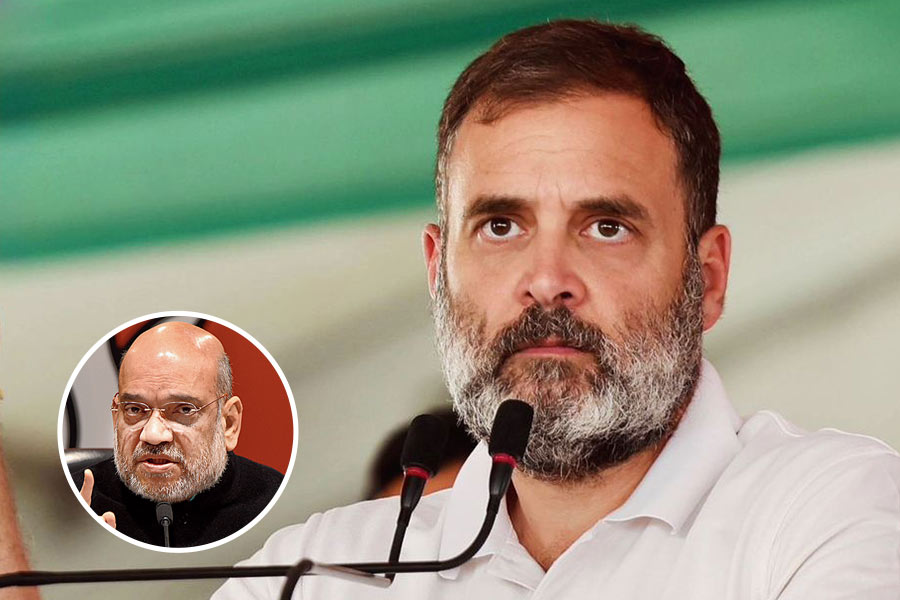Another Budget is round the corner — and once again both the common man and Indian industry have started to hope that the government will display the resolve to initiate the next wave of reforms that will accelerate growth in the economy, create job opportunities and relax regulations to ensure ease of doing business.
Individual tax
The three waves of the pandemic have wrought havoc on people’s lives sparking a loss of jobs, pay cuts, a surge in medical expenditure and the loss of loved ones. After a torrid interlude, taxpayers are expecting certain reliefs in the Union Budget 2022.
• Increase in standard deduction limit to Rs 100,000: The Finance Act 2019 increased the standard deduction from salaried individual to Rs. 50,000. A large chunk of the labour force has been forced to work out of homes and they have been wrestling with a surge in spending to create a proper working environment. They have had to carve out a workspace that can mimic an office as closely as the limitations of a home allow, and invest in a stable internet connect and all the other paraphernalia that makes effective work possible. Now, they want to be adequately compensated. Considering this additional costs, there is an expectation that government will raise this limit to at least Rs 100,000.
• Increase in deduction limit on home loan interest: Currently, a taxpayer can claim the deduction of interest on housing loan while computing income from house property up to a limit of Rs. 200,000. This limit may be enhanced to Rs. 500,000. This will not only motivate the middle-class individual taxpayers to invest in residential houses but also help real estate developers to mitigate the adverse impact of Covid-19 to some extent.
• Scope of section 80DDB should be extended to cover Covid-related medical expenditure: Section 80DDB provides deduction on medical treatment of self or dependents for prescribed diseases or ailments up to Rs. 40,000 or actual medical expenditure, whichever is lower. In the case of dependents being senior citizen, the limit has been extended to Rs. 100,000. In view of the persistent Covid-19 pandemic, the government should consider extending the scope of “disease or ailment” under this section to cover Covid-19 so that taxpayers can claim deduction of medical expenses incurred on themselves and their dependents. Alternatively, the government may consider increasing the limit of deduction under section 80D (relating to tax deductions on medical insurance) of the Act to Rs. 100,000.
Corporate tax
•Tax deductibility of expenditure incurred for the welfare of the society: The tax laws provide for disallowance of CSR (corporate social responsibility) expenses. Hence, claims arising from any expenditure incurred for employee / society is not a tax-deductible expenditure. This creates an impediment in the cause of social initiatives. It would be worth considering bringing tax rules on admissibility of such expenses.
• Extension of lower tax rate regime to Non-Corporates (LLPs, Firms, AOP): As other forms of business become more and more popular legal structure for doing business in India (especially LLPs), it might be the right time for the government to extend the lower tax regime of 22 per cent to the other non-corporates as well.
• Clarity on taxation of cryptocurrencies: With the rapid increase in the quantum of investments and number of investors putting their money in Bitcoins and other cryptocurrencies considering its volatile nature, it is important for the government to bring clarity on its taxation.
• Applicability of concessional tax regime under section 115BAB of the Act to contract manufacturing: A new concessional tax regime of 15 per cent (plus surcharge and cess) was introduced for new companies engaged solely in the business of manufacturing. This benefit should be extended to companies which get work done on a job-work or contract basis. This is relevant in the case where the company itself is a manufacturing entity but also outsources production to meet unfulfilled demand, or the company is yet to set up a manufacturing plant and is meanwhile getting work done on a job-work basis.
Indirect tax
• Goods and Service Tax: In the case of indirect tax budget proposals, the Union government has always followed the theme of widening the tax base (by reducing threshold, limiting exemptions etc), creating a strong deterrent for non-compliance by enabling powers with the tax office, leveraging technology, providing ready-to-file returns through a ledger-based approach, and reducing litigation. This year in addition to the above, protecting MSME and small business and job creation are expected to be at the core of the indirect tax budget proposals:
• Centralised audit & assessments: As GST completes five years, the activity on assessments and audit is likely to pick up more traction than ever before. Large and medium corporations are increasingly finding it difficult to manage and respond to various notices – a chore that has almost become a daily function. To manage onsite audits and assessments in a digital data world is not only going to be complex but also an extremely taxing affair for most assessees. The government should look at the option of undertaking a centralised audit/ assessment approach by teaming up state and central government authorities and covering assessees selectively, based on the risk assessment arrived through compliance data available with the government.
• Refund of input services in case of inverted duty structure: Recently, the Supreme Court denied a refund of input tax credit relating to input services under the inverted duty structure, resulting in higher costs to businesses. Since input service is a significant component of the entire cost apart from inputs, industry expects changes in the GST provisions to bring input services also within the ambit of refund.
• Admissibility of input tax credit on CSR expenses: In the wake of contrary interpretations on admissibility of input tax credit of GST paid on CSR spends by enterprises, specific clarification is expected to resolve the ambiguity.
Customs
• Rationalisation of rate of duty on imported goods: On the customs duty front, it is likely that the rate of primary inputs / intermediaries may be rationalized and the rate of finished product may be increased to provide a tariff protection to promote domestic manufacturing in India. It is expected that basic customs duty rate on coking coal is reduced from 2.5% to Nil. This will provide relief to the iron and steel sector of the country. IGST on import of aircraft parts should also be reduced from current 28% to 5%.
• Timeline for filing of Bill of Entry and amendments: With effect from March 28, 2021, the timeline for filing Bill of Entry has been curtailed from 1 day after arrival of aircraft / vessel / vehicle to 1 day before arrival of aircraft / vessel / vehicle. Due to the curtailment of timeline, the importers are facing procedural hardship and are paying a huge sum of money as late payment charges for the delay in filing of bill of entry. It is expected that the timeline of 1 day (excluding holidays) after the arrival of aircraft / vessel / vehicle given to an importer for filing bill of entry will be re-instated. The importer community is also looking forward to amendments in the Customs legislation to permit importers to seek amendment to the Bill of Entry arising on account of clerical errors, omission, without forcing trade to opt for the appeal route.
• Incentive scheme for service sector: The service sector is waiting for announcement on an incentive scheme (as attractive as SEIS) in line with RoDTEP and inclusion of EOUs and SEZ units.
(Views expressed here are personal)










